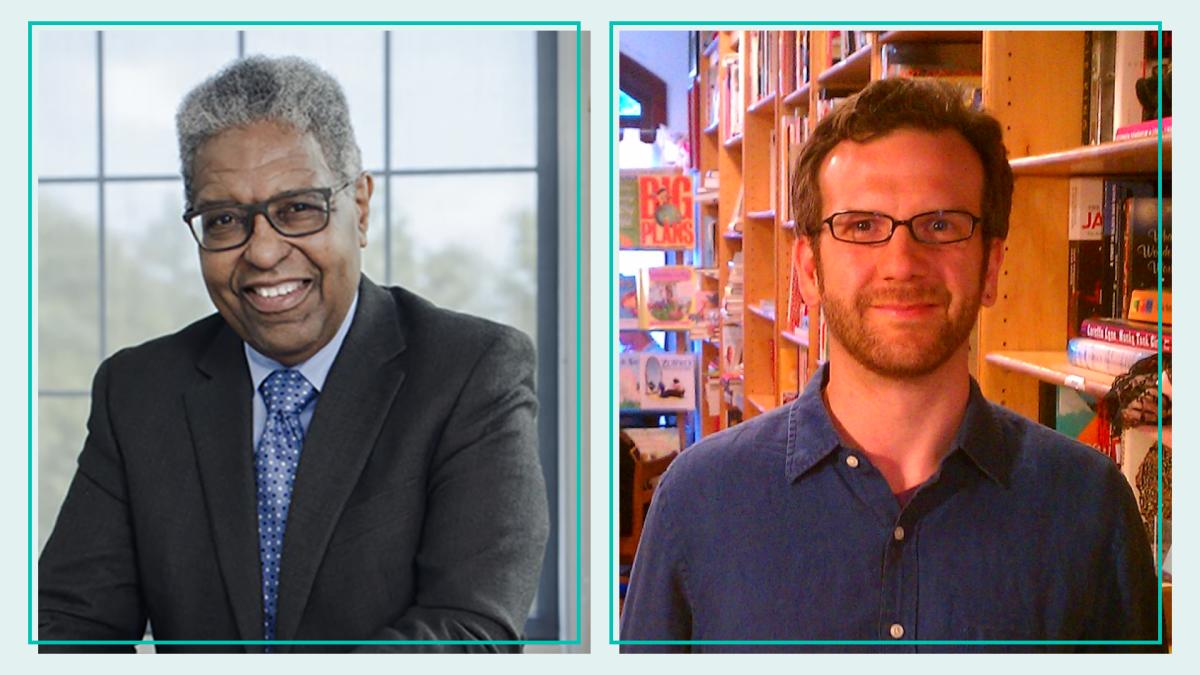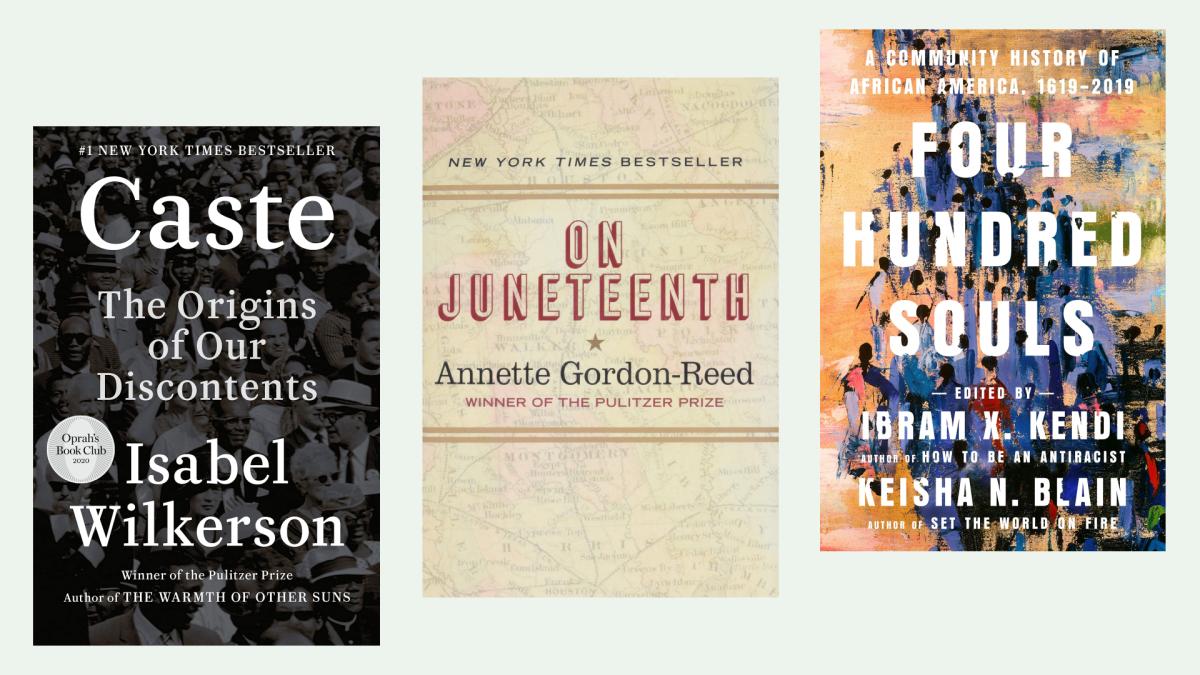The idea of reparations for slavery isn't new. In fact, it dates back to the end of the Civil War. But in recent years, it's picked up steam: In 2021, Evanston, Illinois became the first city to approve reparations for Black Americans. Last year, Harvard announced it would commit $100 million for an endowed "Legacy of Slavery" fund. And later this month, California's Reparations Task Force will present its recs to the state legislature. With efforts springing up across the country, we spoke to William Darity Jr., a Duke University professor and economist, and Thai Jones, a curator for American History at Columbia University, to learn more. Here's what they had to say… Q: Reparations are often framed as financial payments, but they can extend beyond that. How do you see reparations?Darity: African American reparations must prioritize extinguishing the racial wealth gap. The black-white wealth disparity is the best economic indicator of the cumulative, intergenerational damages of the enslavement of Black Americans in the US. We know, according to a 2019 survey, the average difference in Black and white household net worth is about $840,900 — or about $350,000 per person. Therefore, I estimate it'll require at least $14 trillion to conduct African American reparations. Jones: I believe that financial restitution should be at the heart of them, although many people have suggested educational and real estate opportunities, and other things that would allow people to overcome difficulties. The goal of reparations, if you see it really broadly, is to redress historical, economic, social, and political injustices that'll allow for a leveling of the playing field today. Q: Despite some progress at the local level, there's been very little on the federal level. Do you need both?Darity: There has been no consensus among states, towns, and cities around what they call "reparations." That could lead to deep inequities across recipients because of the lack of uniformity. [Plus] it's not feasible for states and localities to meet the goal of eliminating the racial wealth gap — because the total budgets of all states and municipalities in the US amount to less than the $14 trillion needed ... It should be funded in its entirety by the federal government ... [which is] the culpable party. Its policies created and maintained the racial wealth gap. Jones: In some ways, the most meaningful things that can happen involve local communities where people are thinking about their own histories with their own neighbors. So the localness of it is really powerful, and I don't think local initiatives take away from possible federal legislation. Actually, I think local and even institutional reparations add more evidence to the fact that these types of things are possible and that they are beneficial. I'm hoping these local initiatives continue and eventually build momentum for a national reparations bill. Q: Why has it been so challenging to make reparations a reality?Jones: The whole conversation around reparations is really the conversation around American racism ... And racism is very much still with us ... People have a tendency to feel that the history of slavery is now ancient history. And, in America, we also have a tendency of blaming the victims or imagining that people are impoverished because of their own choices ... So it really will require a profound historical education for Americans. And of course, we're in a moment where it's getting more difficult for people to access accurate American history. Q: Recent Pew research found that 68% of US adults oppose reparations for the descendants of slaves. What does that say about the prospects moving forward?Darity: I would look at the flip side of the statistic — the proportion of persons who support reparations — and consider its evolution over time. Of particular importance is the change in white attitudes over the past 20 years. A study in 2000 found that 4% of white Americans endorsed monetary reparations for Black Americans. [But a 2021] survey conducted by UMass Amherst found that share had risen to close to 30% of white Americans. I don't know if this trajectory is sustainable, but conditions are more favorable today than at any point since the Reconstruction era. | 












No comments:
Post a Comment